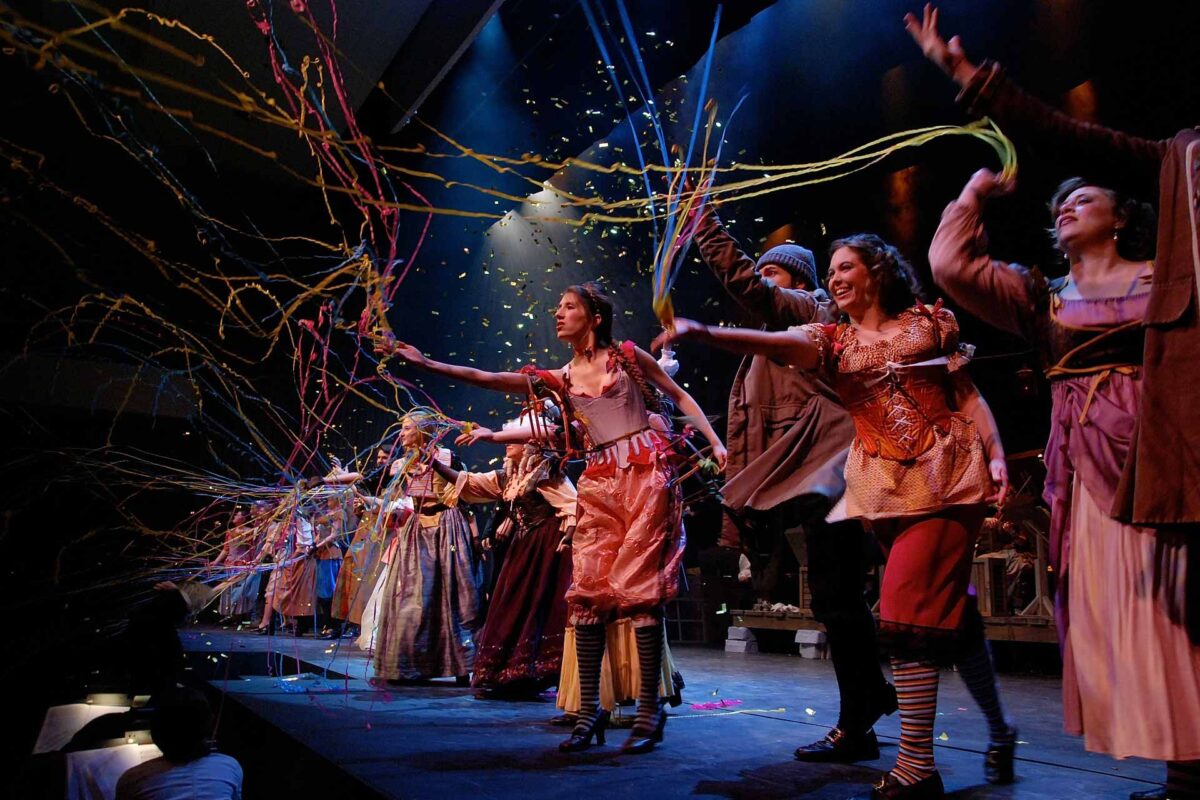Art and culture should be considered as a ‘basic commodity’ in order to get support and not be penalised by lockdowns. Regions and cities are calling for coordinated support from the EU and Member States to relaunch the cultural and creative sectors that are among the most affected by the COVID-19 crisis and national lockdowns. In a debate with Mariya Gabriel, European Commissioner for Innovation, Research, Culture, Education and Youth, members of the European Committee of the Regions underlined the strong contribution of culture and cultural heritage to local and regional development and to European values, identities and citizenship. They argued that art and culture should have a more prominent role in the debate on the future of the EU.
Art and culture face dramatic economic losses
Apostolos Tzitzikostas , President of the European Committee of the Regions and Governor of Central Macedonia region in Greece, said: “The cultural and creative sectors suffered financial losses up to 70% in 2020 alone: this is putting at risk not only jobs and businesses, but our own heritage and identity. Culture and creativity strengthen the social cohesion of our communities, they are at the heart of our identities and traditions. Investing in culture means investing in our very existence as European citizens, this is why we must provide bolder and stronger support to these sectors at EU, national, regional and local level.”
Addressing the CoR plenary session today, Commissioner Mariya Gabriel said: “Being hit particularly hard by the pandemic, cultural and creative sectors need and deserve the best of our efforts. Cities and regions are key allies in this endeavour. With our joint support, we will make sure that culture can and will play a key role in building a greener, more vibrant and more resilient Europe.”
After the debate, CoR rapporteur Giuseppe Varacalli (IT/Renew E.) presented his opinion on Restart of Cultural and Creative Sectors . The report urges to ensure that EU funds reach all forms of the culture and creative sector and all those who are involved in creating it.
Culture in crisis: Arts fighting to survive COVID-19 impact

“Local and regional authorities should use EU funding and the various programmes and measures to promote individual artists and develop opportunities for events and exchanges, including on a virtual basis. This can help unearth the wealth of creative potential hidden in the regions, and thus make those artists ambassadors and promoters of their own cultures. Cities and regions that are able to harness their history, tell their stories, renew and re-imagine themselves become attractive not only to tourists and the economic activities they generate, but also to businesses that locate there”, said Mr Varacalli, Member of Gerace Municipal Council in Reggio Calabria.
MEP Laurence Farreng (FR/Renew E.), European Parliament’s rapporteur on effective measures to ‘green’ Erasmus+, Creative Europe and the European Solidarity Corps , added: “After a year on pause, it has become clear that culture will need Europe for its relaunch; but it is even more certain that Europe will need culture for its recovery. This future recovery must take place as close as possible to citizens, at the local level, but it also needs a European effort to ensure that no artist, author, musician, comedian or director is forgotten. I am therefore pleased that the European Committee of the Regions has added its voice to Parliament’s call to allocate at least 2% of the recovery funds to these key players in our economy and, most importantly, in our European identity.”
Joint Action Plan for cultural and creative sectors
Cultural and creative sectors have a specific place in the Joint Action Plan signed between the European Committee of the Regions and Commissioner Gabriel‘s services (DG EAC, DG RTD and JRC) in November 2020. It provides for strengthened cooperation and policy exchanges, for instance, around the European Capitals of Culture initiative, high-level conferences and events, peer-learning projects and the design and implementation of the new European Bauhaus initiative.
The CoR opinion argues that the cultural and creative sectors should be treated like producers of basic commodities, so that, in the event of further extraordinary events such as the COVID-19 pandemic, they are not penalised by a lockdown. The Committee suggests drawing up common guidelines to enable them continue operating, albeit with restrictions in terms of accessibility. It welcomes the recent agreement on the Creative Europe Programme, which secures EUR 2.2 billion support for artists and facilitates the participation of small-scale cultural projects. However, it calls to better integrate investment from the various EU funds in culture and to increase the possibility of co-financing to up to 80% for projects undertaken by small players.
Regions and cities agree with the European Parliament on the need to earmark for the cultural and creative sectors and industries at least 2% of the Recovery and Resilience Facility funds. They are also calling to use funding from REACT-EU and SURE instruments to support these sectors at national level.















